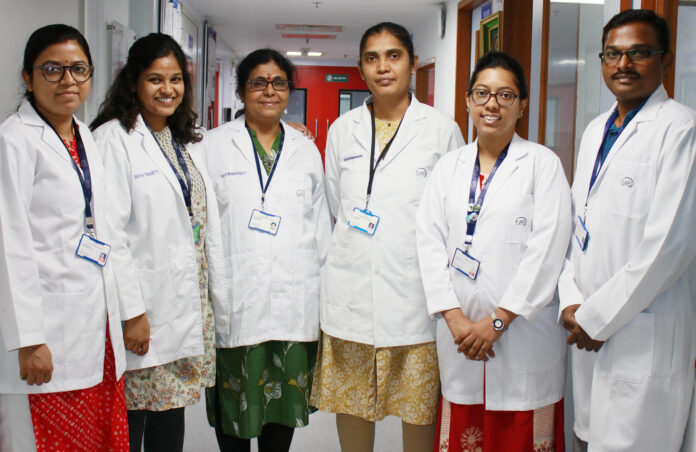

A recent publication in Nature Communications by researchers from the Council of Scientific and Industrial Research – Institute of Genomics and Integrative Biology (CSIR-IGIB), New Delhi, and the L V Prasad Eye Institute (LVPEI), Hyderabad, along with other collaborators, showcases a novel CRISPR-Cas9 genome editing system. This system demonstrates greater precision and efficiency than current technologies, offering high specificity and extended genome coverage flexibility. LVPEI has validated its potential for precise mutation editing and correction.
The team at CSIR-IGIB, under the leadership of Dr. Debojyoti Chakraborty, highlighted the improved editing efficiency of a Cas9 protein derived from Francisella novicida (FnCas9). Through extensive genetic engineering, the team enhanced the edit efficiency and fidelity of this protein, now known as enFnCas9. This tool outperforms other popular Cas9 proteins, such as SpCas9 from Streptococcus pyogenes, and holds promise for future diagnostic and therapeutic applications.
Following this, Dr. Indumathi Mariappan’s team at LVPEI explored the therapeutic potential of these enFnCas9 variants. They isolated skin fibroblast cells from a patient with Leber’s congenital amaurosis, type 2 (LCA2), a rare retinal dystrophy caused by a single base mutation in the RPE65 gene (TGG > TAG), leading to severe vision loss. The researchers reprogrammed these fibroblast cells into induced pluripotent stem cells (iPSCs) that carried the same mutation. Using the enFnCas9-based CRISPR tool and a mutation-specific guide RNA, they precisely edited and corrected the disease-causing mutation.
Gene sequencing of the edited cells confirmed the correction (TAG > TGG) in both copies of the gene, resulting in normal protein expression in the iPSC-derived retinal cells. Dr. Mariappan noted that this proof-of-concept shows the potential of these novel editing tools, with two stem cell lines demonstrating 100% mutation correction and minimal off-target alterations.
Dr. Chakraborty emphasized the significance of this development for treating genetic disorders in the Indian population, highlighting the need for rapid advancement towards clinical trials and market authorization to provide hope for patients awaiting CRISPR-based treatments.
The enFnCas9 protein described in this study exhibits high fidelity and remarkable target specificity, addressing challenges posed by the widely used SpCas9 protein, which is efficient but prone to off-target activity and unintended genomic alterations.























